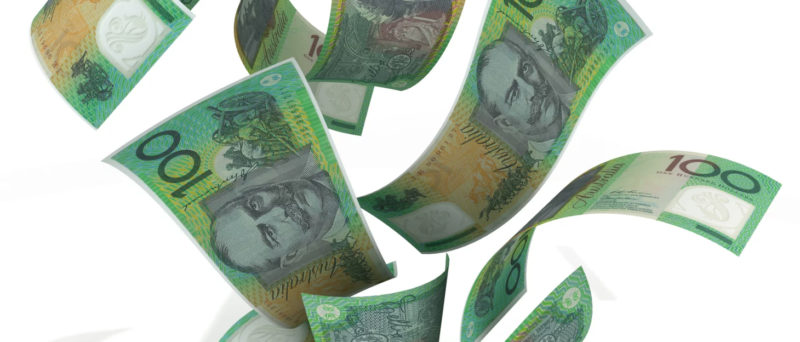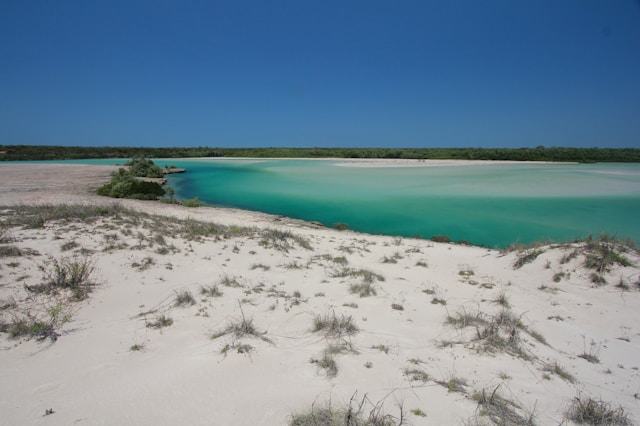Prime Minister Anthony Albanese has defended the billions in budget spending on vulnerable and low-income Australians as the coalition warns it will feed higher interest rates.
The $14.6 billion cost-of-living package confirmed on Tuesday night in the 2023/24 budget won’t fuel inflation, Mr Albanese said.
“This is a responsible budget which at the same time looks after people,” he told ABC Radio on Wednesday.
Asked if the government had done modelling to see if the stage three tax cuts slated for 2024/25 would be inflationary, Mr Albanese reiterated the government had no plans to reverse its support for the cuts.
“We haven’t changed our position,” he said.
The government also plans to raise the base rate payments of JobSeeker, Austudy and Youth Allowance.
While the budget has forecast a $4.2 billion surplus for the current financial year, deficits are set to follow in the next three years, albeit smaller than previously anticipated.
The improved budget outcomes come after the government banked more than 80 per cent of revenue gains driven by high commodities prices and a strong labour market.
Opposition Leader Peter Dutton said the budget would add to interest rate pressures on already stressed middle-income households.
“Under this budget, at the very least, we know that interest rates will be higher and for longer, which is going to be a double whammy for Australian families,” he told Sky News on Wednesday.
“For families, they are struggling at the moment, big time, and there’s nothing at all for them in this budget.”
Alongside the cost-of-living package is a $3.5 billion investment in Medicare incentives to lift bulk-billing rates for concession card holders and children under 16 years.
There will be energy relief worth $3 billion with five million households set to receive up to $500 in assistance, while one million businesses will receive up to $650.
The energy relief means price increases for electricity will be 25 percentage points lower than expected, while gas prices rises will be 16 percentage points lower.
Treasurer Jim Chalmers said the power price relief would be targeted and the amount received would depend on which state or territory someone lived in.
“We’ll make sure this relief is provided on the bill, rather than spraying around cash cheques to people,” he said.
“These electricity prices are much lower than they would otherwise be because of the combination of the energy plan that we put in place – the gas and coal caps and the energy bill relief.”
Shadow treasurer Angus Taylor said households would still pay more for energy.
“Labor’s failed to deliver on its $275 electricity price reduction. It is clear in the budget now, that’s a broken promise,” he said.
“What we want to see from the government is taking pressure off inflation. This is not a budget that does it.”
Energy Consumers Association chief executive Lynne Gallagher said the energy relief measures would provide welcome relief.
“The federal budget combines much needed immediate direct assistance with investments that help consumers get control of their energy costs,” she said.
The Australian Council of Social Service said while the extra bulk billed GP visits, cheaper medicines and help for single parents was welcome, JobSeeker remained one of the lowest unemployment payments in the OECD.
The Australian Chamber of Commerce and Industry said it was a credible budget, but more business incentives were needed.
Andrew Brown and Tess Ikonomou
(Australian Associated Press)





